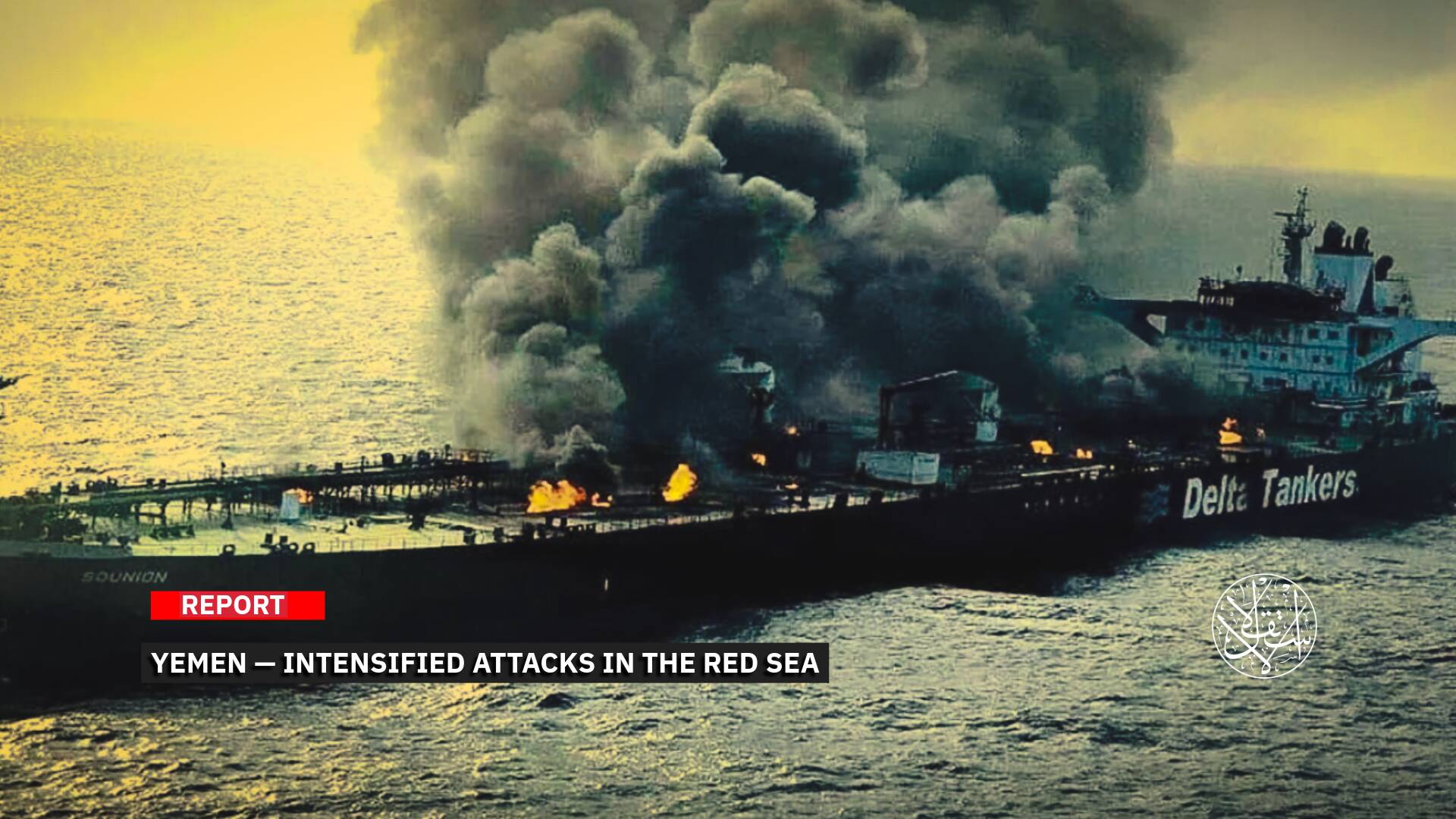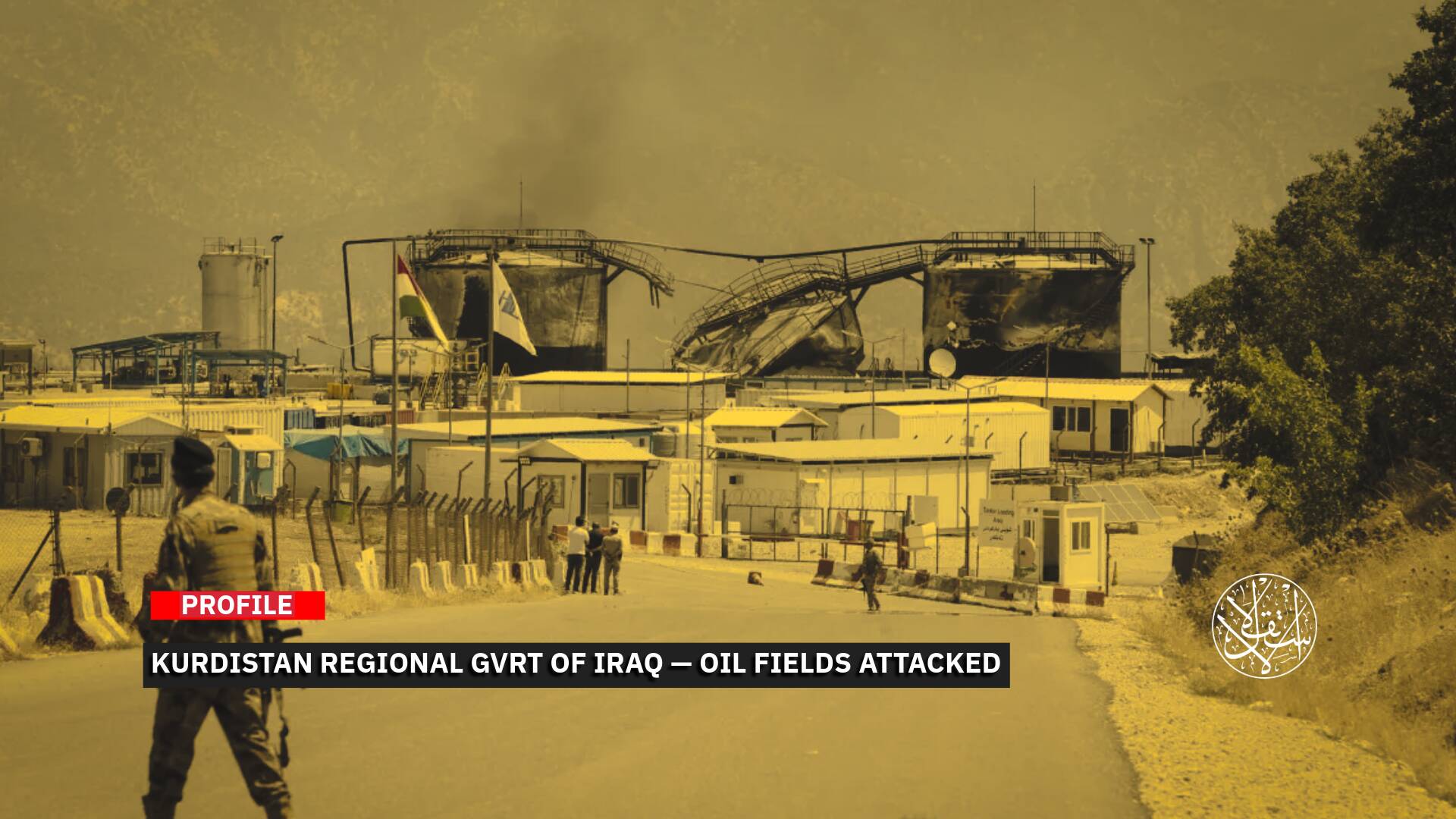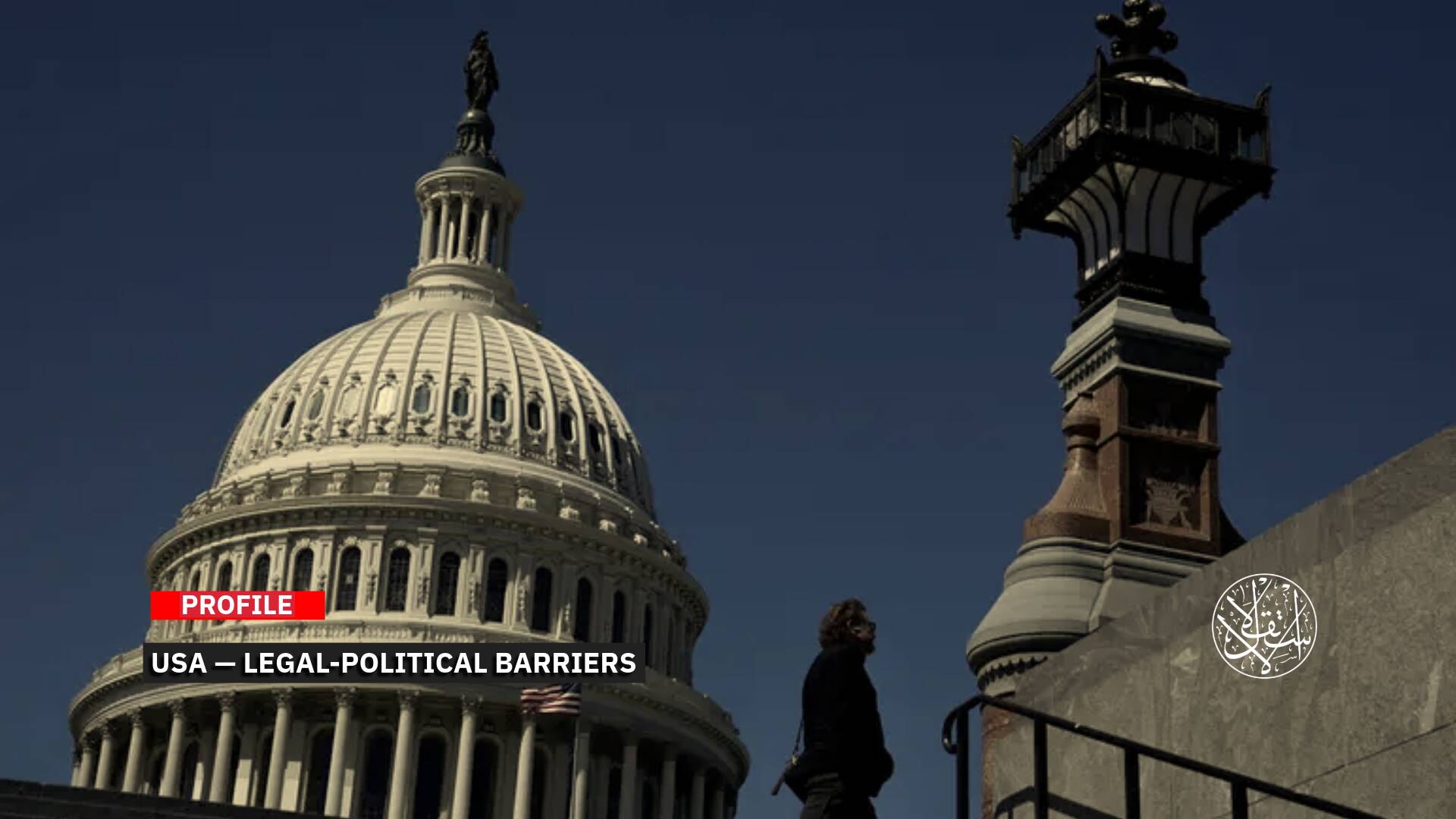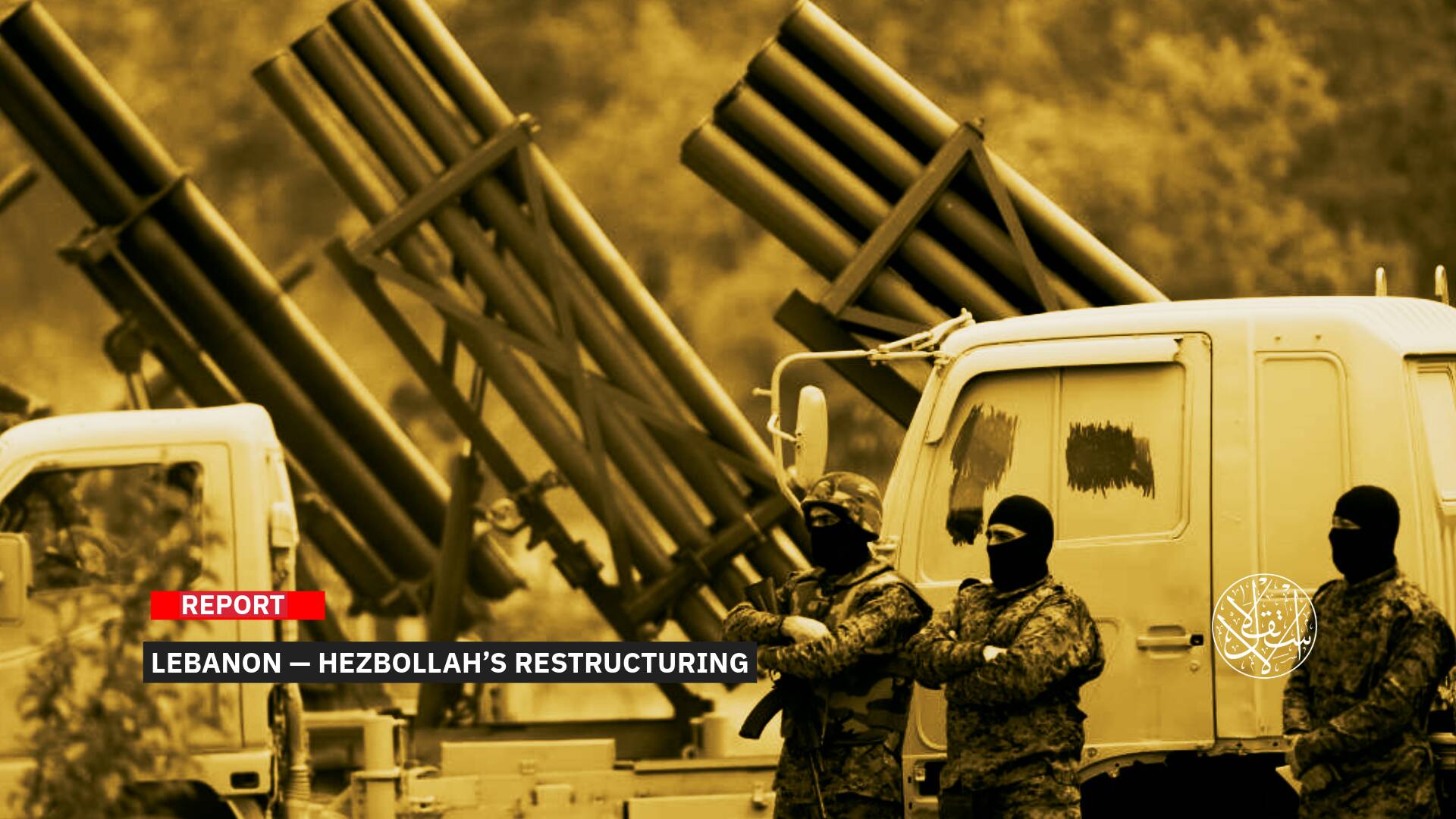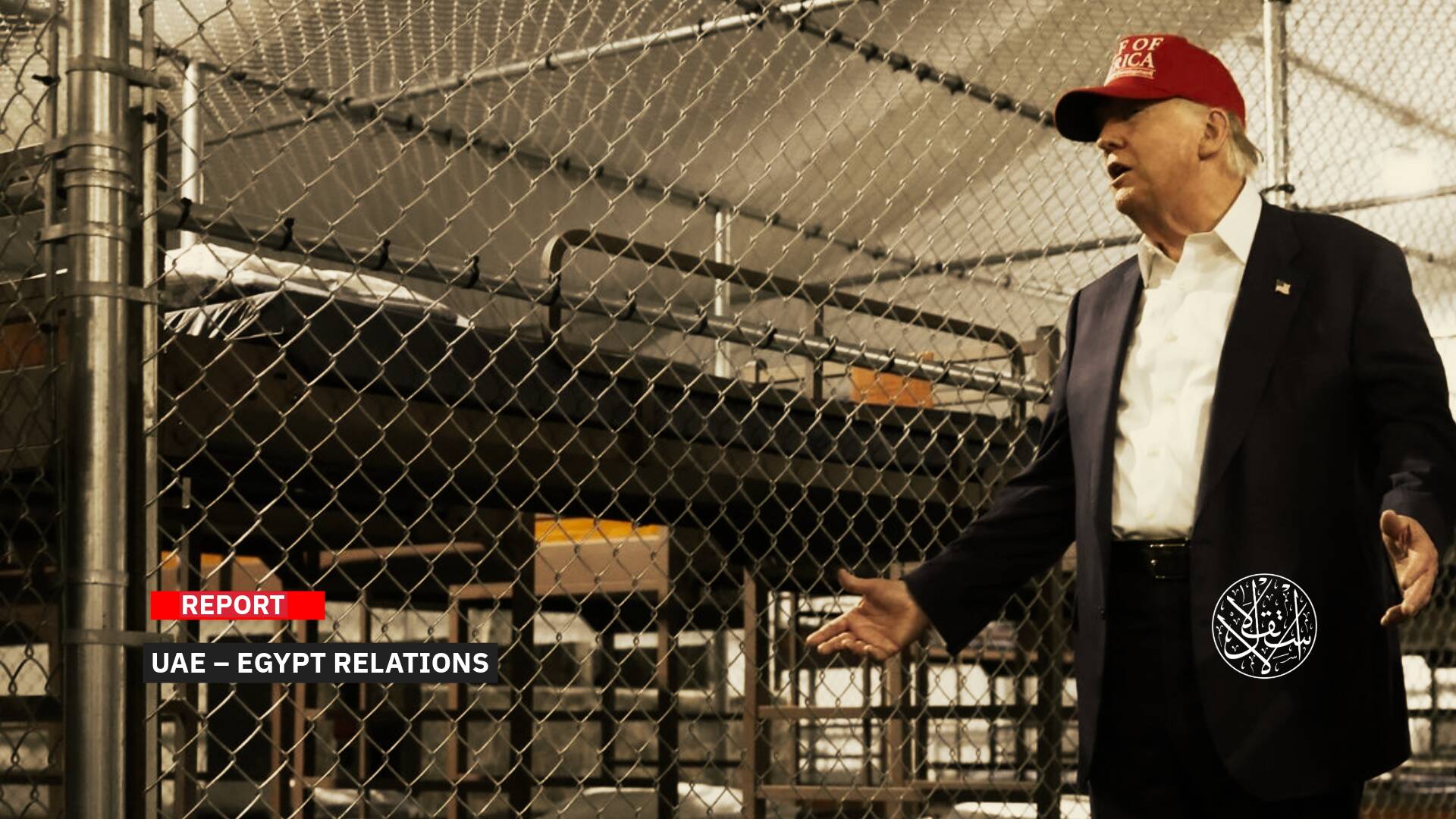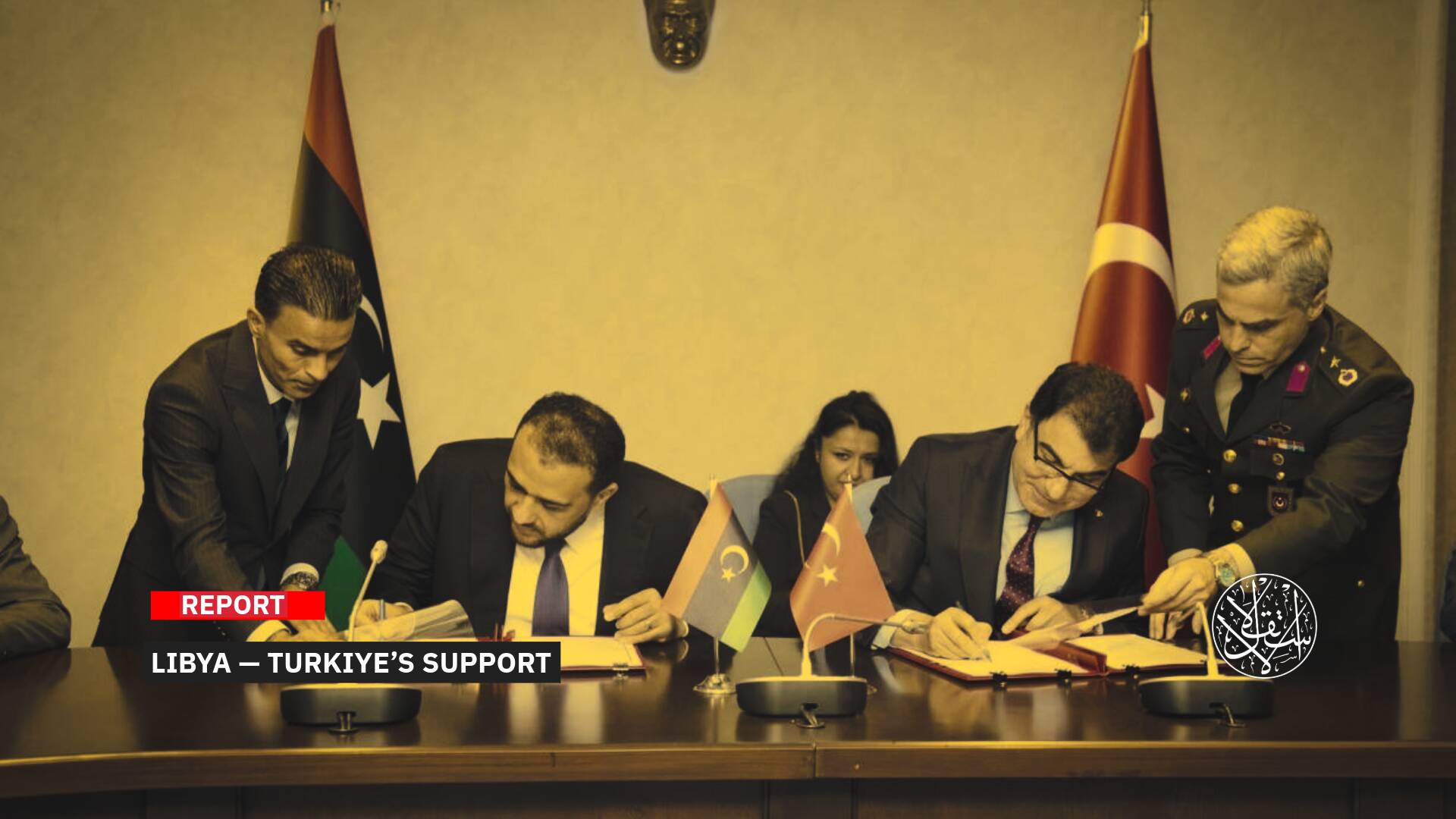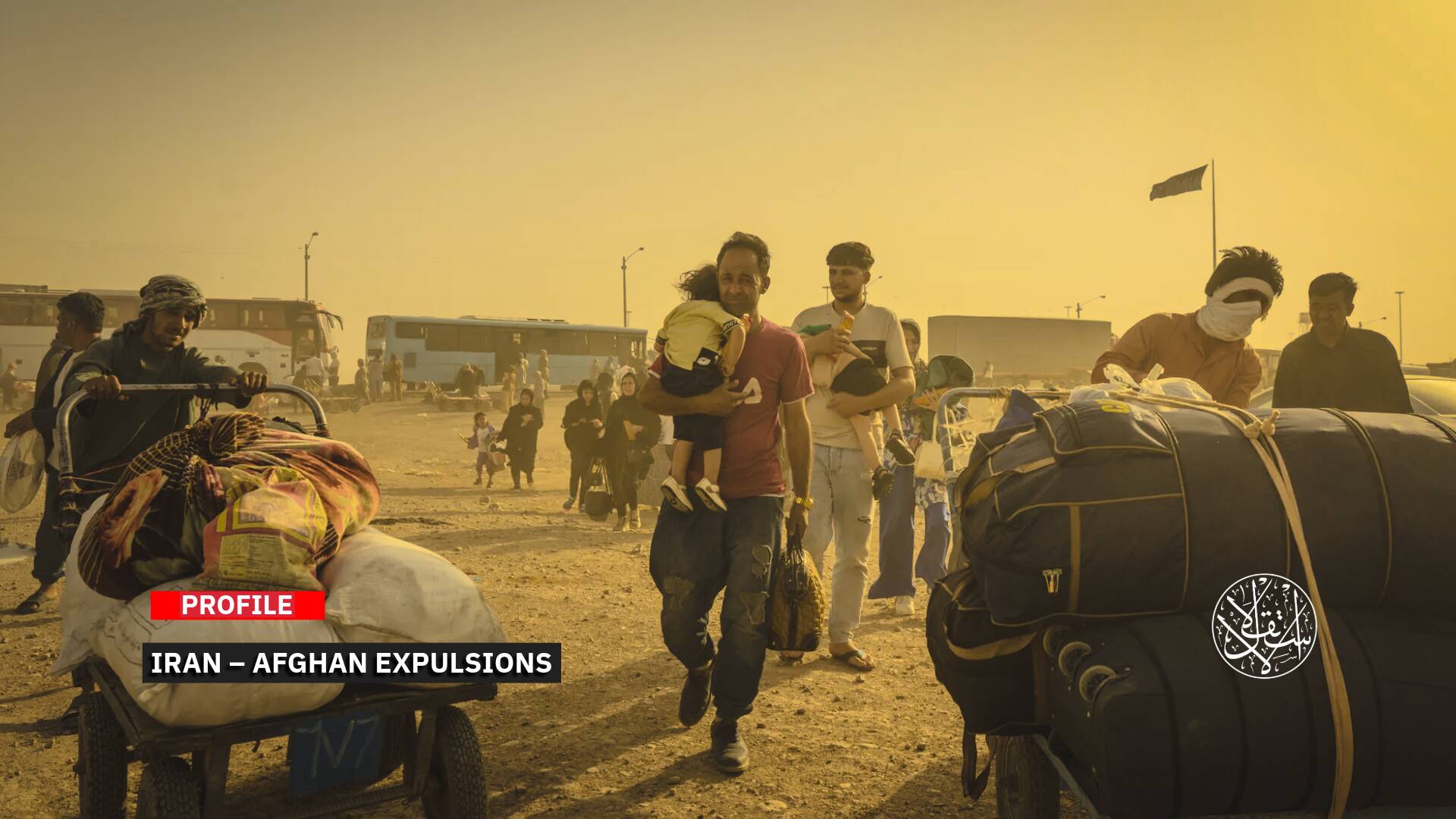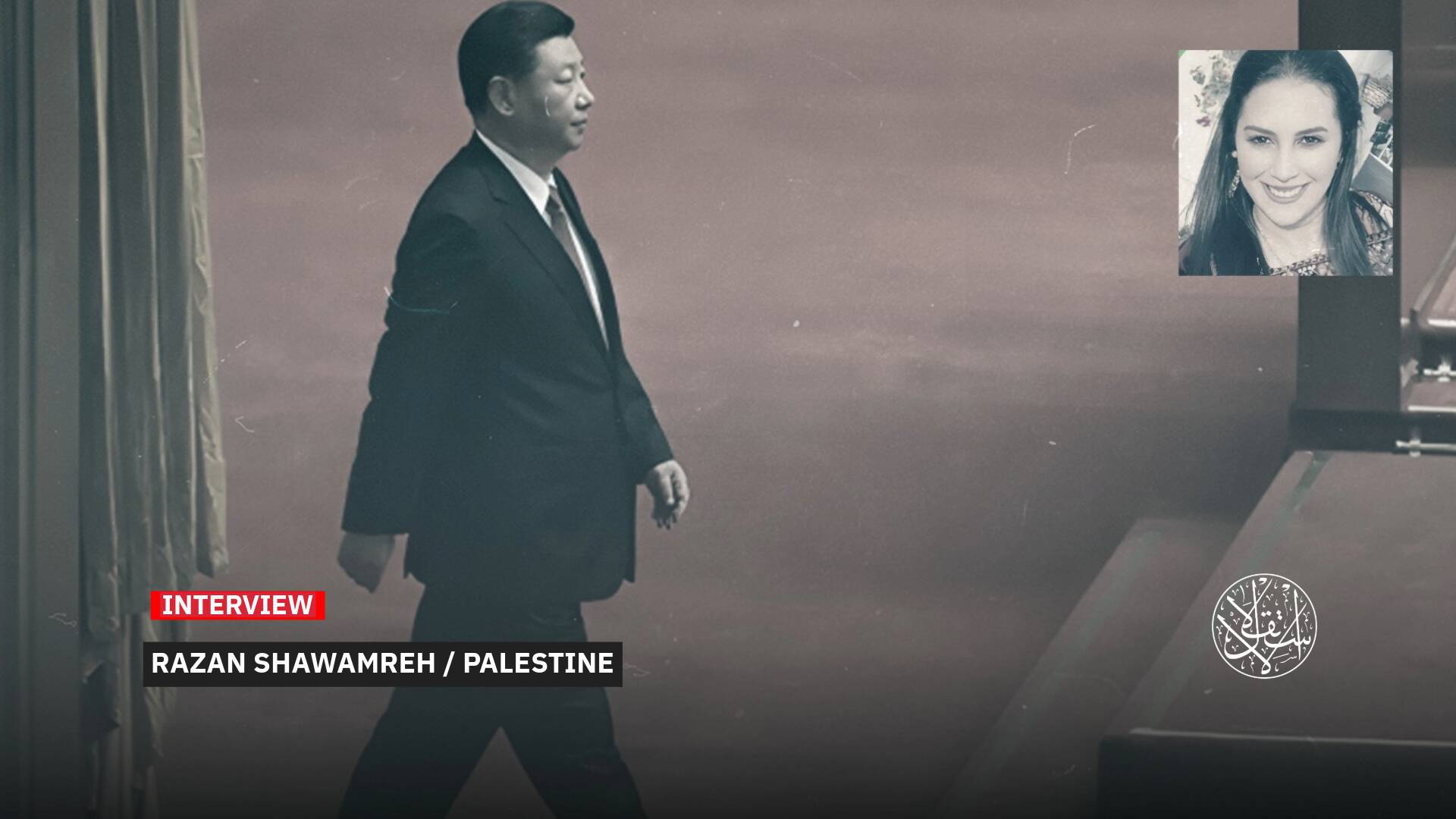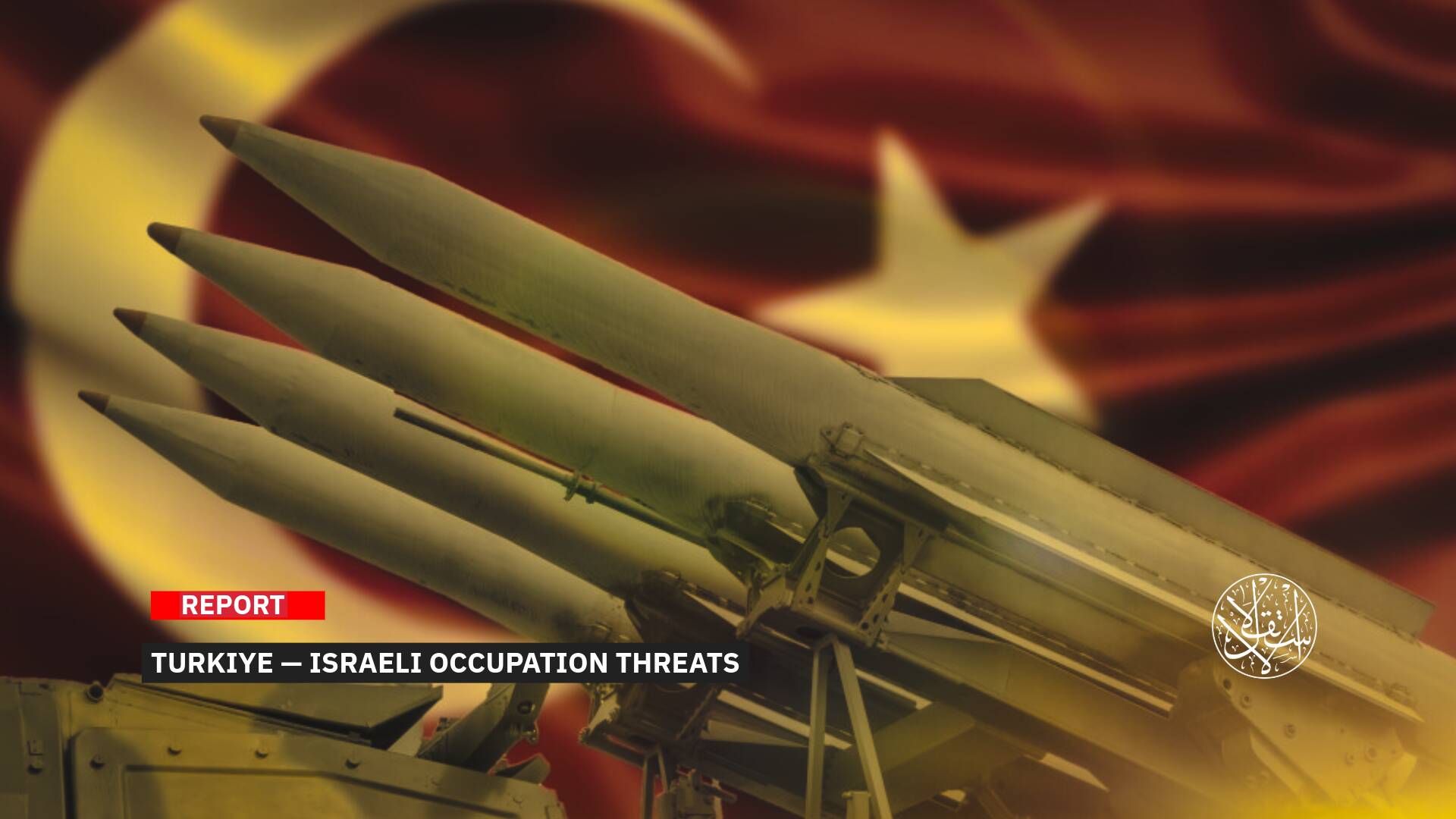The Suez Conundrum: Can Egypt Legally Block Israeli Warships?

Allowing the passage of the Israeli warship through the Suez Canal was met with surprise.
The passage of the Israeli missile ship Sa'ar 5 through the Suez Canal on November 2, 2024, ignited a firestorm of controversy in Egypt, with many accusing the Head of the Egyptian regime Abdel Fattah el-Sisi of complicity in the ongoing war in Gaza.
The decision to allow the Israeli warship, flying both Egyptian and Israeli flags, to transit the canal en route to the port of Eilat to participate in the bombing and killing of Palestinians, was justified by Egypt as a commitment to the Constantinople Convention and International Law.
However, this move was met with widespread astonishment.
“Israel,” after all, has flagrantly violated International Law, breached the Camp David Accords, and occupied the Philadelphi Corridor.
In contrast, Egypt’s government had previously denied passage to ships from Turkiye, France, Iran, and Qatar, invoking clauses of the same convention to claim a right to block what it deemed "hostile" vessels for reasons of national security.
The Egyptian stance raises critical questions.
Is Cairo now invoking a specific clause of the Constantinople Convention to justify the passage of Israeli ships? And why has it ignored other clauses that would permit the blocking of such vessels, especially when it has previously prevented ships from nations it deemed "hostile" on the grounds of protecting national security?
Oddities and Anomalies
The Constantinople Convention, signed in 1888 to regulate navigation in the Suez Canal during both times of peace and war, includes 17 provisions — some of which are so peculiar that International Law experts argue its application is no longer feasible in the present context, calling for its amendment.
At the outset, the treaty identifies the leaders and states (many of whom no longer exist in their original form) that decided on the principle of free navigation in the Suez Canal.
It is a convention between “Great Britain, Germany, Austria-Hungary, Spain, France, Italy, The Netherlands, Russia and [Turkiye], respecting the free navigation of the Suez maritime canal signed at Constantinople, October 29, 1888," according to the treaty’s text.
Moreover, Article 9 states that "The Egyptian Government shall, within the limit of its powers resulting from the Firmans, and under the conditions provided for in the present Treaty, take the necessary measures for insuring the execution of the said Treaty. In case the Egyptian Government shall not have sufficient means at its disposal, it shall call upon the Imperial Ottoman Government, which shall take the necessary measures to respond to such appeal.”
This provision implies that Egypt has the right to call upon Turkiye for joint protection of the canal during times of war or danger, thus granting Ankara a de facto right to prevent Israeli vessels from passing through.
Article 5 of the treaty further stipulates that "in time of war belligerent Powers shall not disembark nor embark within the Canal and its ports of access either troops, munitions, or materials of war. But in case of an accidental hindrance in the Canal, men may be embarked or disembarked at the ports of access by detachments not exceeding 1,000 men, with a corresponding amount of war material,” which provides a rationale for blocking the Israeli ship, as it was carrying military personnel, ammunition, and supplies.
Meanwhile, Article 10 designates Egypt as part of the territories of the Imperial Ottoman government, a legacy now inherited by Turkiye.
Under the treaty, the Ottoman Empire was tasked with “securing by their own forces the defense of Egypt and the maintenance of public order.”
Given these provisions, which seem increasingly out of sync with current political realities, many Egyptians and International Law experts argue that the treaty must either be amended or that Egypt should assert its right to disregard it, especially when it comes to imposing restrictions on the passage of warships through the Suez Canal.
Turkiye imposed restrictions on the movement of warships under the Montreux Convention, signed in 1936, which, like the Constantinople Convention, grants it the right to block the passage of military vessels through the Bosphorus and Dardanelles Straits during times of war.
Egyptian politicians, legal experts, and activists have called for a ban on the passage of Israeli warships through the Suez Canal and for the Constantinople Convention to be disregarded, arguing that “Israel” is in a state of hostility with Egypt and has violated the peace treaty between the two nations.
They pointed to Article 10 of the treaty, which allows Egypt to block the entry of any ships that could pose a threat to its national security.
Threat to Security
International law professor Abdullah el-Ashaal argues that Article 10 of the Constantinople Convention allows Egypt to block the passage of ships from countries at war with it, as well as vessels carrying unsecured nuclear materials that could pose a risk to the canal’s safety.
However, in an interview with Al-Estiklal, he cautioned that amending an international treaty like the Constantinople Convention, as some have suggested, would be exceedingly difficult.
Such a move could create significant problems for Egypt, potentially leaving it as the most vulnerable party in any negotiations, which would require the consent of major powers to implement.
“Treaties and agreements establish legal frameworks that cannot be easily bypassed without the unanimous agreement of all signatories to amend them,” el-Ashaal added.
Article 10 stipulates that "the provisions of Articles IV, V, VII and VIII shall not interfere with the measures which His Majesty the Sultan and His Highness the Khedive, in the name of His Imperial Majesty, and within the limits of the Firmans granted.”
“In case His Imperial Majesty the Sultan, or His Highness the Khedive, would find it necessary to avail themselves of the exceptions for which this article provides, the Signatory Powers of the Declaration of London shall be notified thereof by the Imperial Ottoman Government.”
“The provisions of the four Articles aforesaid shall in no case occasion any obstacle to the measures which the Imperial Ottoman Government may think it necessary to take in order to insure by its own forces the defense of its other possessions situated on the eastern coast of the Red Sea,” as stated in Article 10 of the convention.
Legal experts contend that this clause gives Egypt the right to block the passage of certain ships through the canal if they are seen as posing a threat to the country’s security.
They point to Israeli actions in Gaza and Rafah, the occupation of the Philadelphi Corridor, the targeting of Egyptian soldiers, and the fall of Israeli rockets on Egyptian soil during the Gaza conflict as evidence of the threat to Egypt’s security.
Thus, according to the Constantinople Convention, Egypt has the legal right to prevent Israeli warships from transiting the canal, as they represent a direct risk to Egypt’s national security.
Over the course of 154 years since its opening in 1869, the Suez Canal has only been closed to international shipping nine times, typically due to wars or political crises.
The canal was shut in 1915 during World War I, and again between 1940 and 1942 during World War II.
It was also closed between Egypt's defeat by “Israel” in 1967 and two years after the October War of 1973.
The reasons for its closures have varied, ranging from political or technical crises, such as the closure following the 1882 Arab Revolt [a nationalist uprising in the Khedivate of Egypt from 1879 to 1882], to weather conditions, ship groundings, or accidents involving tankers blocking the waterway.
As British control over the Suez Canal increased after their intervention in the 1882 Colonel Ahmed Urabi against Khedive Tewfik Pasha, and tensions with France escalated, London proposed a new system for managing the canal in a way that would satisfy all parties.
In March 1885, talks began between Britain and France about drafting an international treaty to regulate passage through the canal, which eventually led to the signing of the Constantinople Convention on October 29, 1888.
Nine countries signed the agreement, which consisted of 17 articles to establish rules for ship transit through the canal.
At the time, Egypt had little say in the negotiations, as it was represented by the Ottoman Empire, which held sovereignty over the canal, while Britain, having occupied Egypt, managed its foreign and domestic affairs.
In 1914, Egypt formally broke from Ottoman rule but inherited the obligations of the treaty.
However, with the outbreak of World War I, Britain declared a protectorate over Egypt, effectively making the canal part of the colonial occupation.
31 Years of Ban
For 31 years, “Israel” was denied passage through the Suez Canal, particularly its warships, from the 1948 Arab-Israeli War and the establishment of “Israel,” until the signing of the Camp David Accords in 1979.
Following the 1948 Palestinian War, and the signing of an armistice agreement with “Israel” in 1949, Egypt maintained that the armistice did not signify an end to the state of war with “Israel.”
Consequently, Egypt asserted the right to block any ship heading to “Israel,” whether Israeli or neutral.
This stance was based on Article 10 of the Constantinople Convention, which Egypt interpreted as granting it the authority to "secur[e] by their own forces the defense of Egypt and the maintenance of public order.”
As a result, Egypt not only blocked Israeli vessels but also neutral ships carrying goods to Israeli ports, effectively imposing a blockade.
In 1954, “Israel” lodged a complaint with the UN Security Council, arguing that Egypt’s actions violated the Constantinople Convention.
The Security Council, by a majority vote, sided with “Israel,” urging Egypt to adhere to its maritime obligations.
However, Cairo remained defiant, insisting on its right to impose the ban.
In September 1954, “Israel” attempted to challenge Egypt’s decision by sending a ship flying the Israeli flag towards the Suez Canal.
The vessel’s cargo was confiscated, and its crew was imprisoned for three months before being sent back to “Israel.”

Egypt defended its decision to bar Israeli vessels from transiting the Suez Canal, arguing that due to the hostile relations with “Israel,” it feared that Israeli ships might carry out sabotage operations that could disrupt navigation in the waterway.
Cairo maintained that, under the terms of the Constantinople Convention, it was therefore obliged to prevent “Israel” from using the canal.
When Egypt nationalized the canal in 1956, Britain argued that this violated the Constantinople Convention, contending that the treaty stipulated that freedom of navigation was to be safeguarded by the International Suez Canal Company and that Egypt’s seizure of the canal ran contrary to the agreement.
However, under mounting pressure, Gamal Abdel Nasser's government was forced to make concessions to allow the passage of non-military Israeli goods, provided they were carried by non-Israeli ships.
However, it still considered money, gold and silver bullion, and securities as military cargo, which remained prohibited from passing to “Israel.”
This arrangement remained in place until the 1967 Six-Day War, which resulted in the closure of the canal for several years, disrupting global shipping until the outbreak of the 1973 October War.
In March 1975, Egyptian President Anwar el-Sadat announced plans to reopen the Suez Canal, but emphasized that Israeli ships would continue to be barred from using the waterway to transport goods as long as the state of war between the two countries persisted, according to The New York Times.
However, when the Second Disengagement Agreement was signed between Egypt and “Israel” on September 4, 1975, Article 7 of the accord allowed for the passage of non-military Israeli goods, provided they were carried by non-Israeli ships — effectively reinstating the arrangement that had existed between 1957 and 1967.
When the state of war was officially ended by the Camp David Accords in 1979, the agreement stipulated in Article 5 that “Ships of Israel, and cargoes destined for or coming from Israel, shall enjoy the right of free passage through the Suez Canal and its approaches through the Gulf of Suez and the Mediterranean Sea on the basis of the Constantinople Convention of 1888.”
This paved the way for “Israel” to once again have unrestricted access to the canal, both for commercial and military ships, for the first time since 1948.
Weak Justifications
Although Article 1 of the Constantinople Convention clearly states that the Suez Canal should remain "free and of commerce or of war", whether “in time of war as in time of peace” the treaty is more nuanced when it comes to military vessels.
Article 4 reinforces the principle of free passage even for warships of belligerent states, granting them the right to transit the canal.
However, it also explicitly provides provisions for blocking warships if there is a state of war with Egypt or if the vessel poses a threat to the country’s national security.
Thus, Egypt’s invocation of the Constantinople Convention to justify the passage of an Israeli warship, as stated in a communiqué by the Suez Canal Authority, is a weak justification.
The treaty itself contains clear clauses that allow Egypt to prevent the passage of military vessels under specific circumstances—circumstances that certainly appear to apply in this case.
The Constantinople Convention prohibits the passage of ships from nations at war with Egypt, or those that pose a threat to its national security — provisions that could have been invoked by Egypt to prevent the Israeli warship from transiting the Suez Canal.
Israeli actions, which include violating the peace treaty with Egypt, occupying the border area, taking control of the Philadelphi Corridor, and seizing the Rafah crossing from the Palestinian side, amount to acts of war.
These developments were clearly framed as a threat to Egypt’s national security.
This view was reiterated by a series of statements from a high-level intelligence source which underscored Israeli violation of the treaty and its threat to Egyptian security.
When “Israel” occupied the Rafah crossing, this source told al-Arabiya that Egypt’s commitment to its international obligations does not prevent it from considering “all scenarios to preserve its national security and the historical rights of Palestinians.”
The previous statement signals that Egypt views Israeli actions as a direct threat to its sovereignty and national security.
These threats, according to the Constantinople Convention, justify Egypt’s right to block Israeli ships from passing through the canal.
Further emphasizing Egypt's stance, Mortada Mansour, a prominent figure in Egyptian politics, responded to state television host Ahmed Moussa, who had referred to him as "Rabbi Ahmed Moshe," implying that Egypt is in a state of war with “Israel” due to its breach of the peace agreement.
Mansour’s comments appeared to be implicitly directed at the government, military, and intelligence services.
He stated on Facebook that Article 10 of the agreement grants Egypt the right to block ships if the country owning the vessel poses a threat to national security.
Mansour argued that “Israel” represents a threat to Egypt’s security from the eastern front.
Mortada Mansour strongly criticized Israeli actions, accusing it of discarding the Camp David Accords — a peace agreement that remains controversial and largely rejected by many Egyptians.
In a scathing statement on Facebook, Mansour declared, “[Israel] threw the Camp David Accords, which are despised by Egyptians, into the trash, and occupied the Philadelphi Corridor, trampling on the agreement. In that same trash can, the fate of the Oslo Accords lies, as they re-occupied Gaza and the West Bank and built thousands of illegal settlements in violation of the accords.”
“Where are the rulings from the International Court of Justice that ordered your relatives [Israel] to immediately stop the genocide of our Palestinian Arab people?” Mansour questioned Ahmed Moussa, “Of course, I know where those rulings ended up. Should I tell you, or will you get angry?”
The remarks were laden with implicit accusations aimed at the Head of the Egyptian regime Abdel Fattah el-Sisi and the Egyptian military, suggesting complicity or negligence in addressing Israeli violations.
A Wave of Criticism
Egypt has previously denied passage to ships from various countries through the Suez Canal for reasons considered less significant than the current situation.
For instance, in 2006, Egypt blocked a French aircraft carrier, citing concerns that it might be carrying hazardous waste.
Yet, Paris did not invoke the Constantinople Convention to challenge the decision.
Similarly, in 2017, amid the diplomatic crisis with Qatar, Egypt refused to allow Qatari ships to dock in the canal’s economic zones, citing national security concerns.
On June 5, 2017, Egypt formally closed its air and sea borders to Qatari transport.
However, as reported by The New Arab, an official from the Suez Canal Authority (SCA) said that Egypt “can’t ban Qatari ships from crossing the vital waterway,” as it is an international waterway subject to the terms of the Constantinople Convention.
What Egypt can control, however, is the ability of such vessels to dock at its ports, a right which has been restricted.
In 2012 and again in 2019, Iran complained about the detention of its vessels in the Suez Canal.
However, the Egyptian government denied that any Iranian ships were stopped from passing through, including military vessels, which were allowed to transit the canal after the 2011 Egyptian revolution, following a break in such passage since the 1979 Iranian revolution.
In one notable incident, an Egyptian lawyer filed a lawsuit against President Mohamed Morsi in 2012, demanding that he prevent Iranian warships from passing through the canal, suspecting they were carrying arms to support the Syrian regime.
At the time, the head of the Suez Canal Authority, Mohab Mamish, stated that such a blockade was not possible under the terms of the Constantinople Convention, which governs the canal.
"Under the Constantinople Convention, the Suez Canal Authority has no right to prevent any ship carrying military cargo or weapons from passing through the canal, regardless of its destination," Mamish noted.
This has led some Egyptians to argue that the issue at hand is not about International Law or treaty obligations, but rather about political will.
Egypt has, in the past, blocked Israeli ships on the grounds that they posed a threat to national security.
Given the ongoing war on Gaza, the massacres, and the continued violation of Egypt’s borders, critics question why the Egyptian authorities are not using their legal right to block Israeli vessels now.
Protests Against Complicity
Unconvinced by Egypt’s justifications for allowing the passage of the Israeli warship, political figures and activists launched a significant campaign of criticism and accusations, claiming that el-Sisi's regime was complicit in the genocide of Gaza.
As reported by The New Arab, this uproar intensified following the arrival of the German MV Kathrin ship, which was carrying a weapons shipment to “Israel” and docked in Alexandria port.
“The government is a partner in the genocide. It’s not just complicit, nor a traitor — after the siege, the silencing, and the surrendering of mediation efforts, it is now directly complicit,” noted former detainee Ahmed Douma.
The remarks reflect a growing sense of outrage over Egypt’s role in the ongoing war, with critics accusing the authorities of enabling Israeli actions, rather than standing in opposition to them.
A group of journalists and political activists gathered at the Journalists Syndicate to protest against Egypt’s actions, accusing el-Sisi's regime of being complicit in the genocide of Gaza.
The protesters chanted vehemently against the passage of an Israeli warship through the Suez Canal and the news that it had docked in Alexandria port carrying explosive materials en route to Israel.
The protesters shouted, “Egypt is a partner, Egypt is a partner [in the genocide of Gaza].”
“Egypt is sad, Egypt is sad, Egypt let a ship pass[...] it strikes, it kills our people[...]it won’t be in our name.”
“You have dragged [our nation] into the mud,” “Down with all the dogs of America,” “As long as our brothers’ blood is cheap [...] down, down with any president,” shouted the angry crowd.
The demonstrators' words echoed a deep sense of frustration and outrage, denouncing not only Egypt's tacit approval of Israeli military actions but also the broader political and diplomatic choices that many believe have aligned Egypt with Israel ongoing war on Gaza.


